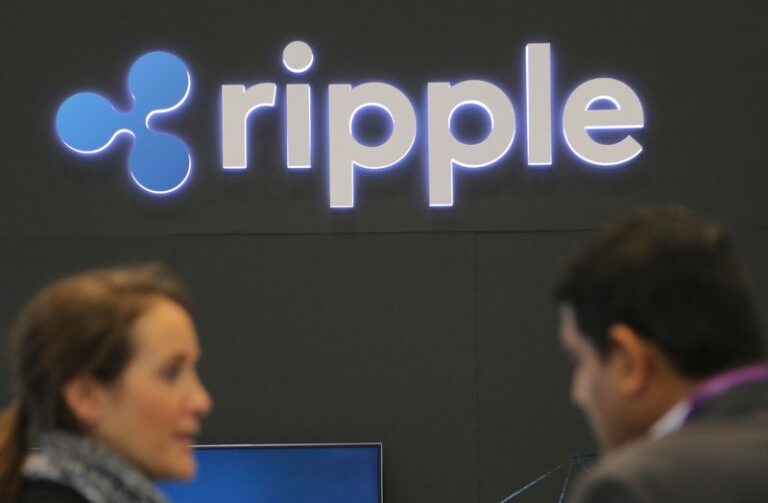
Sara Braun
Wed, Apr 9, 2025, 2:00 AM 8 min read
Workers are having a hard time finding a job right now.
Although top line unemployment numbers are still low, they don’t tell the whole story. Thousands of federal workers who have either been laid off or resigned are omitted from the official count; there’s a growing mismatch between the skills that employers want and the ones that job seekers actually have; and economic anxiety over Trump’s latest round of tariffs is sure to make companies at press pause on their workforce plans.
It’s not just workers that are struggling, however. Recruiters are overwhelmed with applications, trying to figure out how best to utilize AI, and under huge pressure to sign on top talent. Daniel Chait, CEO and co-founder of Greenhouse, understands the stakes that both applicants and recruiters are facing—the hiring platform filled 2 million jobs in 2024 alone.
Chait spoke with Fortune about the latest trends in hiring, how AI has complicated the job search for applicants and recruiters alike, and how to avoid a ghost job.
This interview has been edited and condensed for clarity.
Fortune: What are some of the major hiring trends you’re seeing in 2025 so far?
Daniel Chait: To zoom out a bit, there’s not a job market with one thing happening. There’s a lot of different aspects to it and each of them have very different characteristics.
If you have friends in D.C. [in federal government], like I do, it’s an apocalypse there. If you look at certain kinds of frontline worker roles, in healthcare, nursing, or hospitality, there are tremendous worker shortages that have persisted for years. So there’s still a lot of power in the hands of candidates and applicants there.
If you look at white collar tech jobs, though, you see this really strange situation where, on the one hand, there’s really low unemployment and the era of mass layoffs in tech is a little bit past us. But at the same time, it’s getting harder to get a job and people really aren’t moving. A lot of people feel frozen in place and AI is magnifying all the noise. Job seekers are using tools to apply to hundreds and hundreds of jobs automatically. So employers are seeing a deluge of resumes when they open up a role. It’s the sifting through that is really the big issue.
AI is changing the application process as we know it. How is it currently being utilized?
Job seekers are using an AI agent to apply on their behalf. You pay $29 a month, you get your AI agent. It reads your resume, it goes and finds jobs for you, it writes cover letters for you, it customizes your resume and applies to hundreds of jobs at a time. So, on the one hand, it’s getting easier and easier and easier to apply for a job. What it’s not doing is making it easier to get a job.






